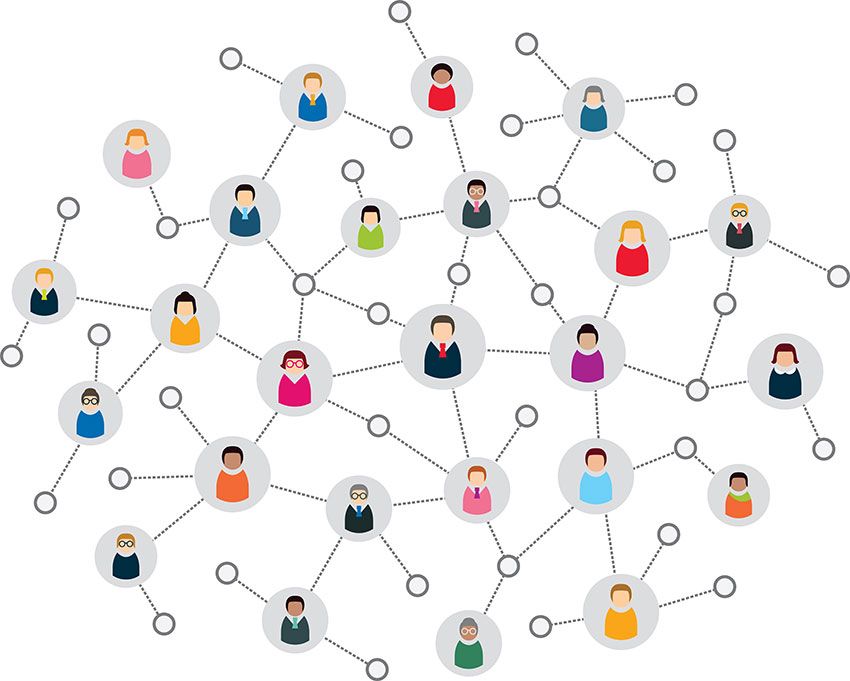
Every day Americans face myriad hardships as the COVID-19 pandemic continues without end. One major challenge is mental health. To find connection during social distancing and ease the stress caused by the health crisis, students in the George Washington University (GW) Physician Assistant (PA) Program are meeting virtually to share their emotions and support one another.
“My classmates are thoughtful, perceptive, and emotionally intelligent, so it seemed doable that we could create a different kind of space to share vulnerable feelings about our shared school experience and beyond,” said GW School of Medicine and Health Sciences (SMHS) PA student Sophie Waldman.
She mentioned her idea for some form of group therapy for PA students to classmates Lauren Vedrine and Luz Kumpel, who were both enthusiastic about making it a reality.
Currently, about 26 SMHS PA students are participating in the virtual meetings. Students are split into five different groups that meet for an hour either weekly or bi-weekly.
The first part of the meeting is conducted in a traditional group therapy format, according to Waldman, and opens with fun ice-breaker games with students answering questions like “what superpower do you wish you had?” or “what’s your most embarrassing story?” The second half offers an opportunity for individual sharing and a closing activity, added Vedrine.
For the individual sharing portion of the meetings, a topic is picked and for about 10 minutes each student can speak about the topic and have questions fielded to them so they can explore their emotions, she said. “We end by talking about goals for the week, reflecting on progress, or doing a closing activity, like meditation,” Waldman said. Vedrine said the meetings have been an important way for the students to be vulnerable with one another. Noting the prevalence of burnout among health care professionals, she added that if students “don’t make the time and space to feel, process, and be vulnerable now, we are not setting ourselves up for success in our future careers.”
Kumpel said that the meetings aren’t meant to replace professional therapy, but to serve as an additional support option. She said sometimes it’s scary to ask for help and easy to become overwhelmed with the stresses of school and not take time to reflect and process what’s happening.
“Our group sessions are meant to create a space where someone has permission and is encouraged to share whatever they are going through,” she said. “Anything said in that space is private and members are encouraged to be vulnerable. Opening up about something that is weighing heavy on you and to have a group of people hear you, validate you, and support you, is incredibly powerful.”


